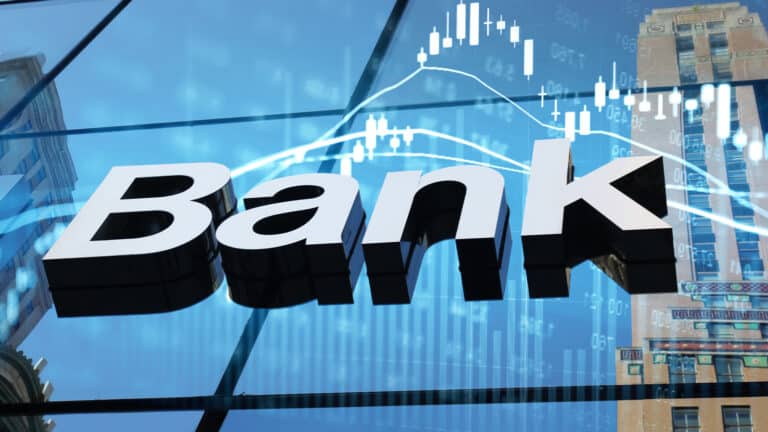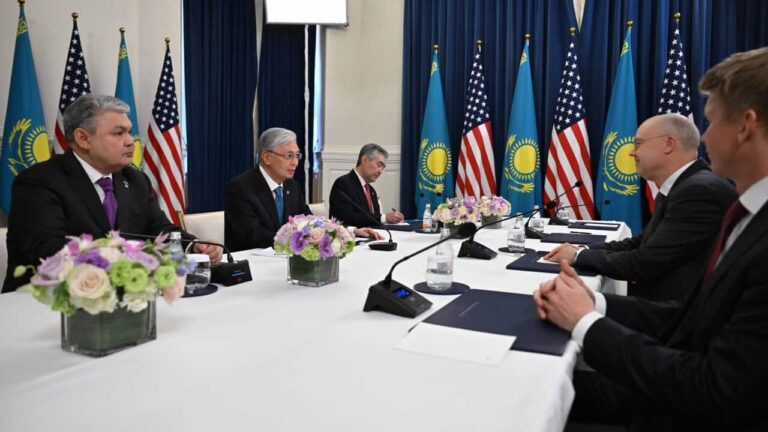
Kazakhstan’s National Security Committee, in collaboration with the Ministry of Culture and Information and the Financial Monitoring Agency (FMA), blocked more than 3,500 illegal online cryptocurrency exchanges in 2024, according to an FMA report.
Additionally, 36 offline cryptocurrency exchanges with a combined turnover exceeding $120 million were shut down last year. The FMA also froze assets worth 4.8 million Tether (USDT) during the crackdown.
Authorities uncovered two cryptocurrency-based pyramid schemes, recovering USDT545,000 and freezing an additional USDT120,000 in assets.
The FMA warned that illegal crypto exchanges often fail to verify client identities or monitor suspicious transactions. This makes them a frequent tool for cybercriminals and drug traffickers.
The agency is working with international counterparts to tighten oversight of cryptocurrency transactions and to combat illicit activity. Measures to enhance monitoring within financial institutions have also been implemented. Furthermore, plans are underway to establish legal accountability for licensed cryptocurrency exchanges implicated in money laundering.
In mid-November 2024, Timur Suleimenov, head of Kazakhstan’s National Bank, announced that it was time to expand opportunities for Kazakhstani citizens to invest in cryptocurrency beyond the exchanges operating within the Astana International Financial Centre (AIFC). He highlighted neighboring countries such as Kyrgyzstan and Uzbekistan, where the issuance and circulation of digital assets are allowed nationwide, as examples to follow.
Currently, cryptocurrency exchanges in Kazakhstan are limited to operating within the AIFC jurisdiction. There are 21 licensed digital asset service providers in the country, including well-known platforms like Binance, Bybit, ATAIX Eurasia and Biteeu.
Kazakhstan recognizes two types of digital assets:
- Secured digital assets: These must be backed by goods or services.
- Unsecured digital assets: These include tokens used for participation and maintaining consensus in blockchain systems, such as Bitcoin and Ethereum.
The trading of unsecured digital assets is only permitted within the jurisdiction of the AIFC.













